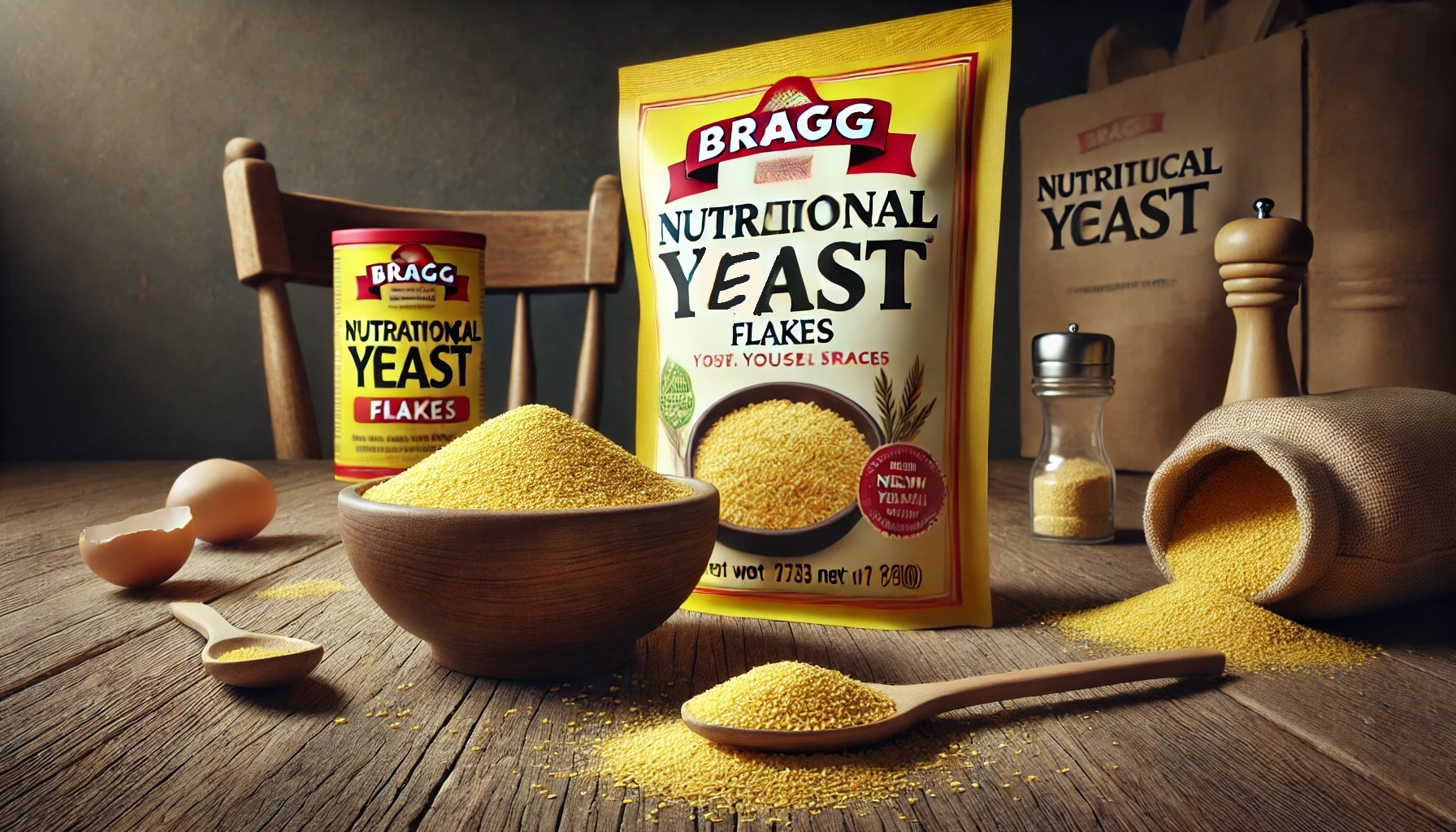Check out this answer from Consensus:
The scientific evidence suggests that nutritional yeast offers a range of health benefits, including immune system support, improved digestive health, enhanced growth and performance, cardiovascular health, and antioxidant and anti-inflammatory properties. While most studies have been conducted on animals, the positive outcomes indicate that nutritional yeast could be a valuable addition to the human diet as well. However, further research on humans is needed to fully understand its potential health benefits.
Incorporating nutritional yeast into your diet could be a simple and effective way to boost your overall health. Whether you sprinkle it on your favorite dishes or use it as a seasoning, nutritional yeast is a versatile and nutritious option worth considering.
Nutritional yeast, often hailed as a superfood, is a deactivated yeast commonly used in cooking for its cheesy flavor and nutritional benefits. But is it truly beneficial for your health? Let’s delve into the scientific research to uncover the potential health benefits of nutritional yeast.
Health Benefits of Nutritional Yeast
Immune System Support
Several studies have highlighted the immune-boosting properties of yeast derivatives. For instance, dietary yeast β-glucan supplementation in breeder hens significantly enhanced their immune functions, including increased lymphocyte proliferation and higher antibody titers against various vaccines3. Similarly, yeast hydrolysate supplementation in sows improved colostrum yield and promoted beneficial gut microbiota, which are crucial for the immune health of both sows and piglets8.
Improved Digestive Health
Yeast supplementation has been shown to positively affect digestive health in various animal studies. For example, live yeast (Saccharomyces cerevisiae) supplementation in dairy cows improved rumen function, increased dry matter intake, and enhanced milk yield5. In fattening sheep, yeast culture supplementation improved nutrient digestibility and rumen development, leading to better growth performance9. These findings suggest that yeast can support a healthy digestive system by promoting beneficial gut bacteria and enhancing nutrient absorption.
Enhanced Growth and Performance
Yeast supplementation has also been linked to improved growth and performance in animals. A study on weaning pigs found that a multi-strain yeast fractions product significantly increased body weight and average daily gain, while also enhancing immune responses1. Similarly, yeast supplementation in Atlantic salmon during smoltification improved growth rates and modulated health by reducing inflammatory processes4. These results indicate that yeast can be a valuable dietary addition for promoting growth and overall health.
Cardiovascular Health
Research has shown that yeast can positively impact cardiovascular health by modulating lipid profiles. In a study on meagre fingerlings, selenium yeast supplementation significantly reduced total lipids, cholesterol, and low-density lipoprotein cholesterol levels6. Additionally, dietary yeast autolysate in laying hens decreased egg yolk cholesterol content and blood serum levels of cholesterol and triglycerides, suggesting potential benefits for heart health7.
Antioxidant and Anti-inflammatory Properties
Yeast cell wall products, rich in beta-glucans, have demonstrated antioxidant and anti-inflammatory properties. A study on adult cats found that yeast supplementation did not negatively affect oxidative stress and inflammatory biomarkers, indicating its safety and potential health benefits10. Furthermore, yeast supplementation in Holstein dairy cows resulted in a milder post-calving inflammatory response and better liver function, highlighting its anti-inflammatory effects5.
